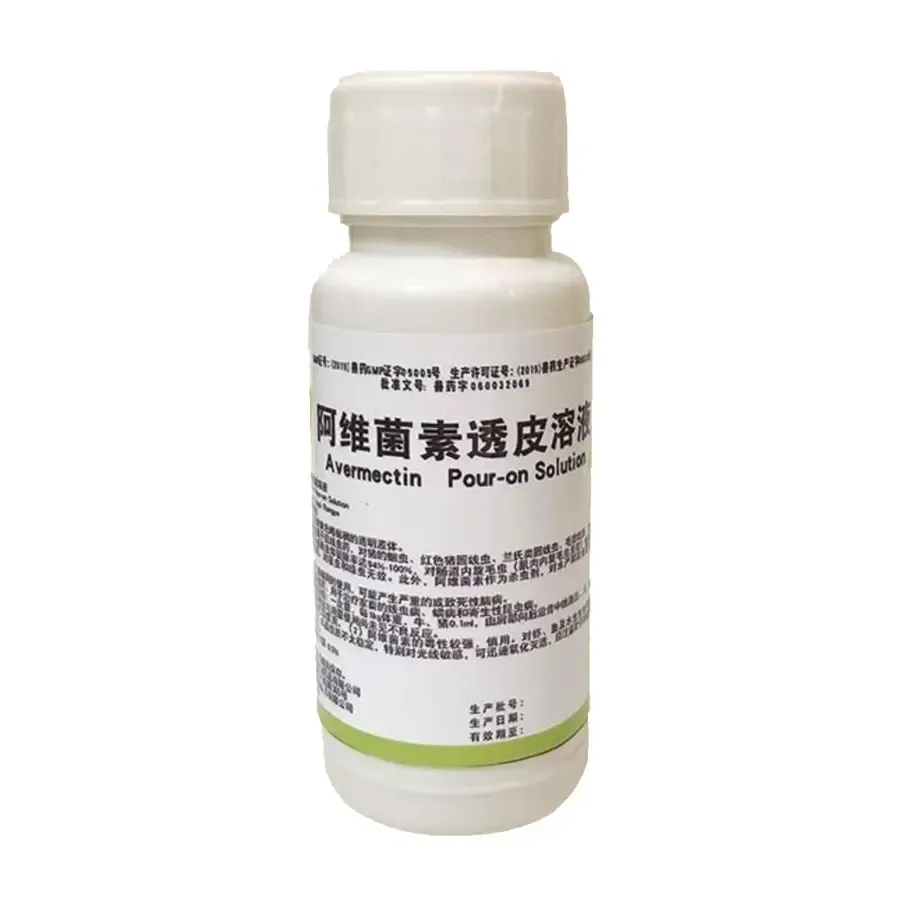- Afrikaans
- Albanian
- Amharic
- Arabic
- Armenian
- Azerbaijani
- Basque
- Belarusian
- Bengali
- Bosnian
- Bulgarian
- Catalan
- Cebuano
- Corsican
- Croatian
- Czech
- Danish
- Dutch
- English
- Esperanto
- Estonian
- Finnish
- French
- Frisian
- Galician
- Georgian
- German
- Greek
- Gujarati
- Haitian Creole
- hausa
- hawaiian
- Hebrew
- Hindi
- Miao
- Hungarian
- Icelandic
- igbo
- Indonesian
- irish
- Italian
- Japanese
- Javanese
- Kannada
- kazakh
- Khmer
- Rwandese
- Korean
- Kurdish
- Kyrgyz
- Lao
- Latin
- Latvian
- Lithuanian
- Luxembourgish
- Macedonian
- Malgashi
- Malay
- Malayalam
- Maltese
- Maori
- Marathi
- Mongolian
- Myanmar
- Nepali
- Norwegian
- Norwegian
- Occitan
- Pashto
- Persian
- Polish
- Portuguese
- Punjabi
- Romanian
- Russian
- Samoan
- Scottish Gaelic
- Serbian
- Sesotho
- Shona
- Sindhi
- Sinhala
- Slovak
- Slovenian
- Somali
- Spanish
- Sundanese
- Swahili
- Swedish
- Tagalog
- Tajik
- Tamil
- Tatar
- Telugu
- Thai
- Turkish
- Turkmen
- Ukrainian
- Urdu
- Uighur
- Uzbek
- Vietnamese
- Welsh
- Bantu
- Yiddish
- Yoruba
- Zulu
9 月 . 11, 2024 13:40 Back to list
Albendazole for Pregnant Goats - Safety, Dosage, and Guidelines
Albendazole for Pregnant Goats Benefits and Considerations
Albendazole is a widely used anthelmintic agent in veterinary medicine, particularly for treating parasitic infections in livestock, including goats. When managing the health of pregnant goats, it is crucial to consider the benefits and potential risks associated with the use of medication like albendazole. This article aims to explore the feasibility of using albendazole in pregnant goats, focusing on its effectiveness, safety, and best practices.
Understanding Albendazole
Albendazole is effective against various internal parasites including roundworms, tapeworms, and whipworms. It works by inhibiting the polymerization of tubulin, thereby disrupting the microtubule formation needed for cellular function in parasites. This action leads to the death of the parasites and their subsequent elimination from the host’s body.
Benefits for Pregnant Goats
Pregnant goats are particularly susceptible to parasitic infections due to the increased nutrient demands from the developing fetus. These infections can lead to significant health issues, including weight loss, anemia, and decreased milk production, which can compromise the health of both the mother and the offspring. Administering albendazole to pregnant goats can help in the prevention and management of these infections, ensuring that the goats are healthy during this critical period.
Safety Considerations
The safety of using albendazole in pregnant goats remains a subject of debate. While studies suggest that it can be effectively used during pregnancy with minimal risk to the developing fetus, caution is advised. The first trimester is a critical period of organ development in the fetus, making it essential to avoid administering any medication unless absolutely necessary.
It is essential to follow veterinary guidelines when considering the use of albendazole. Dosage recommendations vary based on the specific needs of the goat, and factors such as age, weight, and overall health must be taken into account. Generally, albendazole is given at a dose of 10-15 mg/kg body weight, administered orally.
albendazole for pregnant goats

Best Practices
If the use of albendazole is deemed necessary during pregnancy, there are several best practices to follow
1. Consult a Veterinarian Always seek professional advice before administering any medication to pregnant animals. A veterinarian can evaluate the specific circumstances and determine the appropriateness of albendazole use.
2. Timing of Administration If treatment is required, consider the timing of administration. Avoid using albendazole during the first trimester when the risk to the fetus is highest.
3. Monitoring Health After administering albendazole, closely monitor the health of the pregnant goat for any adverse reactions. Early detection of any issues is crucial to ensuring the health of both the doe and her kids.
4. Follow-Up Care After treatment, ensure that the goat receives appropriate follow-up care, including regular health checks and monitoring for any signs of parasitic infection.
Conclusion
In summary, albendazole can be an effective treatment for managing parasitic infections in pregnant goats, but its use should be approached with caution. By consulting with a veterinarian and adhering to best practices, goat owners can help ensure the health and well-being of their animals during pregnancy, leading to healthier outcomes for both the mothers and their offspring.
-
The Power of Radix Isatidis Extract for Your Health and Wellness
NewsOct.29,2024
-
Neomycin Sulfate Soluble Powder: A Versatile Solution for Pet Health
NewsOct.29,2024
-
Lincomycin Hydrochloride Soluble Powder – The Essential Solution
NewsOct.29,2024
-
Garamycin Gentamicin Sulfate for Effective Infection Control
NewsOct.29,2024
-
Doxycycline Hyclate Soluble Powder: Your Antibiotic Needs
NewsOct.29,2024
-
Tilmicosin Premix: The Ultimate Solution for Poultry Health
NewsOct.29,2024













